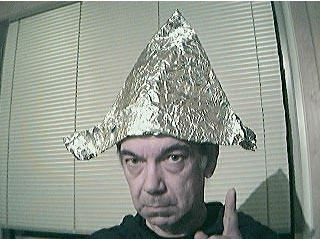Mad Scientist
Feels Good!
- Sep 15, 2008
- 24,196
- 5,431
- 270
For those of you who are under the impression that the Federal Reserve is a Gov't entity I ask you this: What other Gov't agency has Shareholders?
FRB: Federal Reserve Act: Section 7
Not the "Non-Federal" Reserve:
I wish I was exempt from Federal, State and Local taxation!
FRB: Federal Reserve Act: Section 7
Well ok, they're not a Gov't agency, but surely they must pay taxes on what they make right? I mean, every privately owned bank pays taxes on earnings right?After all necessary expenses of a Federal reserve bank have been paid or provided for, the stockholders of the bank shall be entitled to receive an annual dividend of 6 percent on paid-in capital stock. The entitlement to dividends under subparagraph (A) shall be cumulative.
Not the "Non-Federal" Reserve:
Oh but they graciously pay property taxes. How nice of them!Federal reserve banks, including the capital stock and surplus therein, and the income derived therefrom shall be exempt from Federal, State, and local taxation, except taxes upon real estate.
I wish I was exempt from Federal, State and Local taxation!


